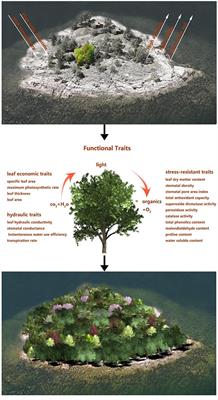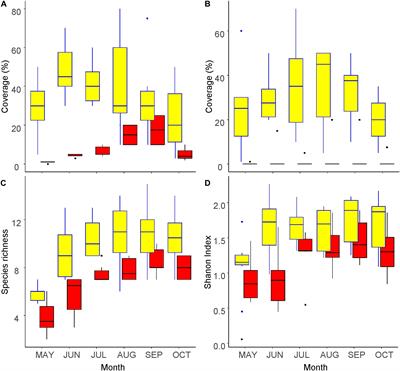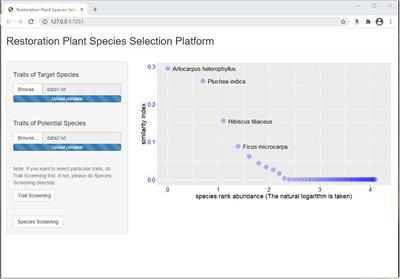EDITORIAL
Published on 07 Feb 2022
Editorial: Trait-Based Plant Community Assembly, Ecological Restoration, and the Biocontrol of Invasive Exotic Plant Species

doi 10.3389/fevo.2022.827397
- 1,276 views
- 1 citation
8,685
Total downloads
46k
Total views and downloads
Select the journal/section where you want your idea to be submitted:
EDITORIAL
Published on 07 Feb 2022

ORIGINAL RESEARCH
Published on 18 Nov 2021

ORIGINAL RESEARCH
Published on 17 Jun 2021

ORIGINAL RESEARCH
Published on 07 Jun 2021

ORIGINAL RESEARCH
Published on 31 May 2021

ORIGINAL RESEARCH
Published on 30 Apr 2021

ORIGINAL RESEARCH
Published on 15 Apr 2021

ORIGINAL RESEARCH
Published on 12 Mar 2021

ORIGINAL RESEARCH
Published on 10 Mar 2021

ORIGINAL RESEARCH
Published on 08 Mar 2021

ORIGINAL RESEARCH
Published on 10 Feb 2021

ORIGINAL RESEARCH
Published on 28 Jan 2021


Frontiers in Environmental Science
Conservation and Restoration EcologyOffline